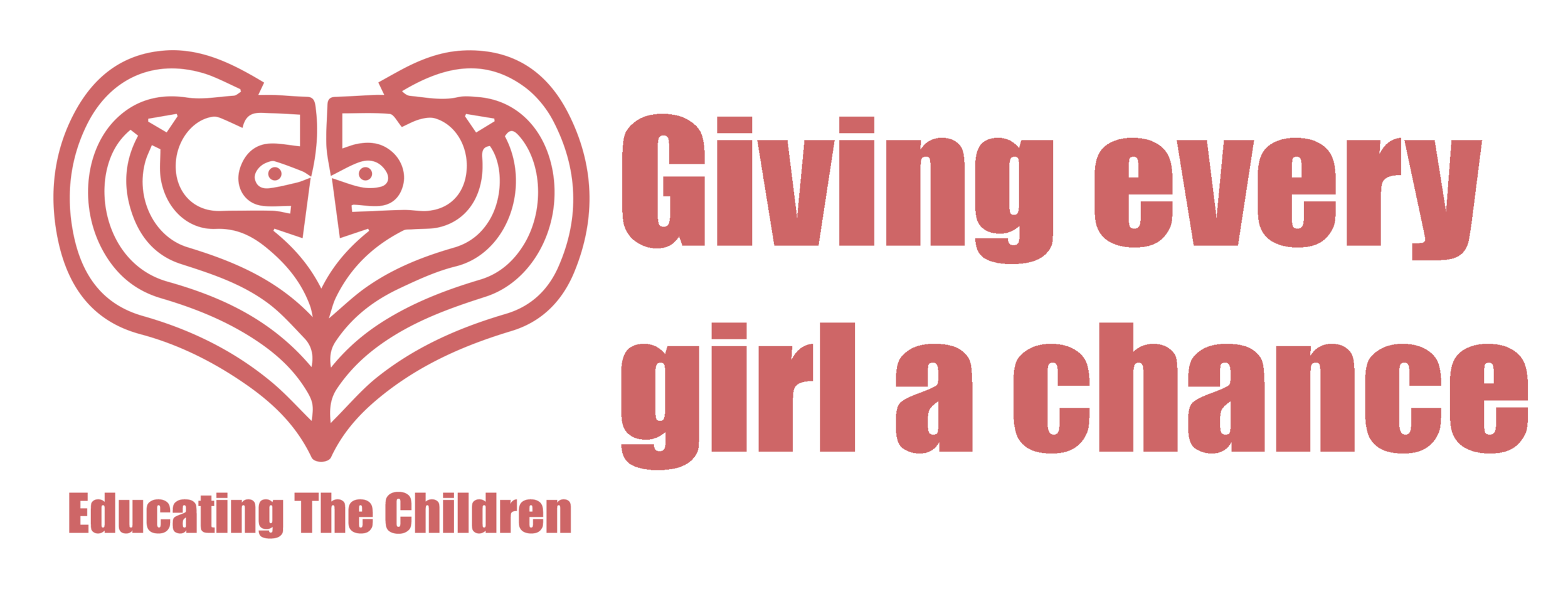Will they ever come back?
Sekenani Girls High School (SGHS) in the Masai Mara has been shut since Kenya went into lock down on 16th March 2020. Everyone is dispersed throughout the Mara, in remote villages, with limited infrastructure to be able to stay in touch, and what we hear on the grapevine isn’t very pretty. At least 15 students are thought to be pregnant. Our head teacher, Nelly, tells us of how she has stopped two young students getting into child marriages and rescued two students from FGM. Teenage pregnancies, child marriage and FGM incidences have gone through the roof since the pandemic. The majority of females attending pre-natal clinics in Narok County are girls below 19 years, a new report by the Anti-FGM Board has revealed. Narok currently has 5,538 cases of reported teenage pregnancies – the highest in the country. According to VOA news, teenage pregnancies in Kenya increased by 40% in the first three months of the pandemic.
So what is causing this dynamic?
People are starving as the region relies heavily on tourism and cattle trading (markets are shut). Girls are being married off as dowry, so that families are able to get sustenance (a typical dowry includes 3 cows, 1 sheep and a bag of sugar). However, pregnancies are not just from marriage. Parents are busy looking for work and food, which has left girls vulnerable to predators. In many cases it is defilement, but at other times the girls do have agency and it is down to lack of sex education (as the bill is still in parliament). Girls who are helping their fathers look after sheep in the vast Savannah are meeting young men and falling pregnant – this is a common story in 2020. FGM is rising as girls are coming of age and not going to school. Campaigners, unable to move about, are not able to carry out the vital work to end FGM in Kenya by 2022.
We admire the efforts that the community is making under these very difficult circumstances. ETC representative Agnes is continuing to visit groups of girls in villages to mentor them on menstrual hygiene, health and teenage pregnancies and distribute sanitary towels (that are not a priority for starving families). Chiefs are rescuing girls and taking them to centres, such as that run by our partner on the ground Travis.
However, I still do still worry. According to a Plan International survey, 98% of teenage girls who fall pregnant, won’t go back to school, and I often to wonder, will these girls get a second chance? The pandemic has scorched away years of work and we will need to double our efforts to get back to where we were again.
